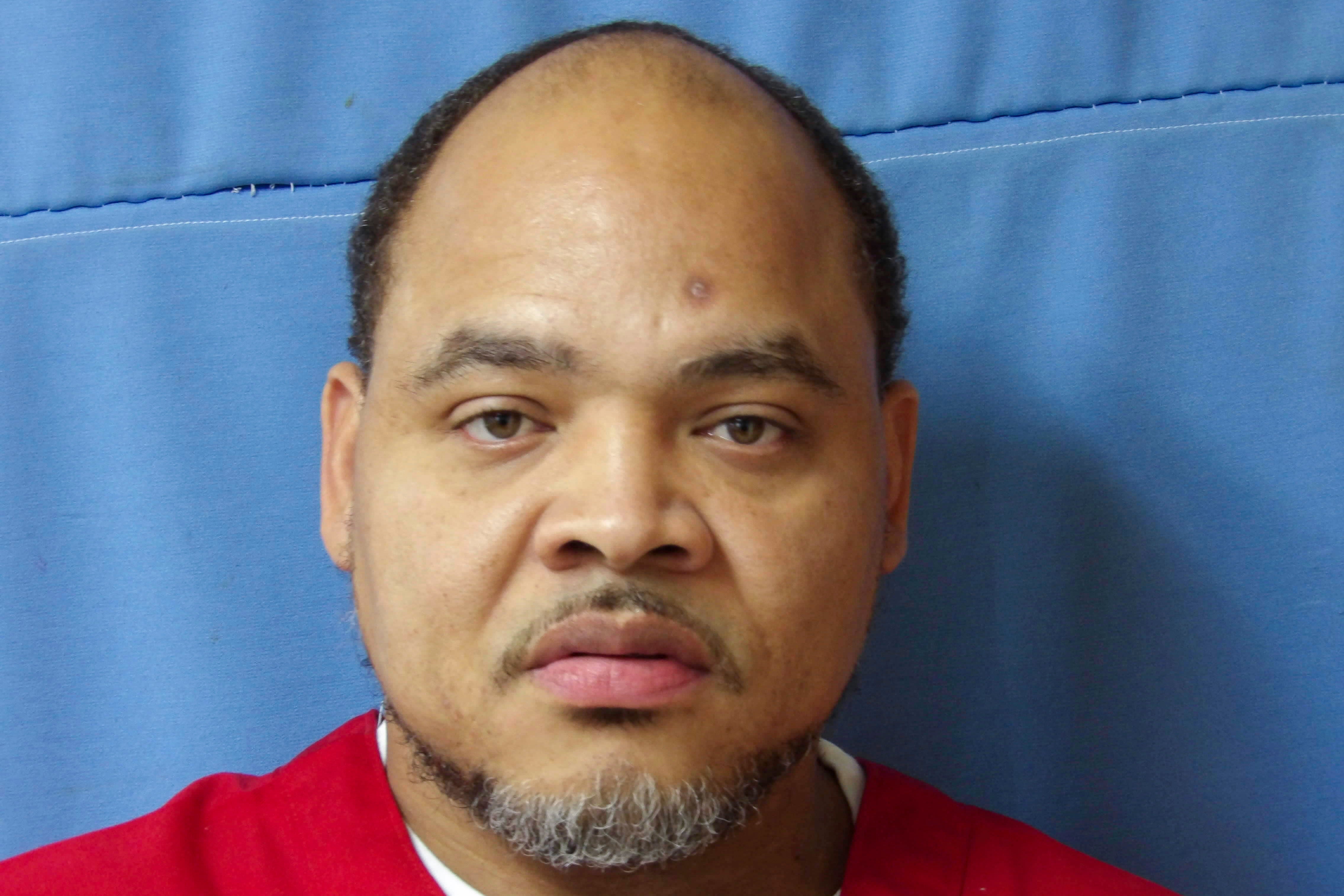Supreme Court declines to hear appeal from Mississippi death row inmate
The U.S. Supreme Court says it will not consider an appeal from a Mississippi death row inmate who was convicted of killing a high school student

The U.S. Supreme Court says it will not consider an appeal from a Mississippi death row inmate who was convicted of killing a high school student by running her over with a car, but the inmate still has a separate appeal underway in a federal district court.
Leslie “Bo” Galloway III, now 41, was convicted in 2010 in Harrison County. Prosecutors said Galloway killed 17-year-old Shakeylia Anderson, of Gulfport, and dumped her body in woods off a state highway.
A witness said Anderson, a Harrison Central High School senior, was last seen getting into Galloway’s car on Dec. 5, 2008. Hunters found her body the next day. Prosecutors said she had been raped, severely burned and run over by a vehicle.
The attorneys representing Galloway in his appeals say he received ineffective legal representation during his trial. Because of that, jurors never heard about his “excruciating life history” that could have led them to give him a life sentence rather than death by lethal injection, said Claudia Van Wyk, staff attorney at the ACLU’s capital punishment project.
“The Mississippi Supreme Court excused the trial attorneys’ failure to do the foundational work of investigation as an ‘alternate strategy’ of ‘humanizing’ Mr. Galloway,” Van Wyk said in a statement Tuesday. "It is disappointing and disheartening to see the Supreme Court refuse to correct this blatant misinterpretation of federal law, which requires attorneys to first conduct sufficient investigation to inform any 'strategic' decisions."
Multiple appeals are common in death penalty cases, and Galloway's latest was filed in July. U.S. District Judge Carlton Reeves has given attorneys until next July to respond.
The appeal pending before Reeves raises several points, including that Galloway, who is Black, was convicted and sentenced by an all-white jury. Galloway's current attorneys say his attorneys during the trial failed to challenge prosecutors for eliminating Black potential jurors at a significantly higher rate than they did white ones.
The U.S. Supreme Court offered no details Monday when it declined to hear an appeal from Galloway. The high declined to hear a separate appeal from him in 2014.
In 2013, the Mississippi Supreme Court upheld Galloway’s conviction and sentence.
Galloway argued in the state courts that he would not have been eligible for the death penalty had it not been for a forensic pathologist’s testimony about Anderson’s sexual assault.
Defense attorneys provided the Mississippi court a document with observations from out-of-state forensic pathologists who said the pathologist who testified gave his opinion but did not mention scientific principles or methodology. The Mississippi Supreme Court said in 2013 that the pathologist’s testimony did not go beyond his expertise.
Galloway's latest appeal says that the forensic pathologist who testified in his trial used “junk science” and that his trial attorneys did too little to challenge that testimony.
Bookmark popover
Removed from bookmarks